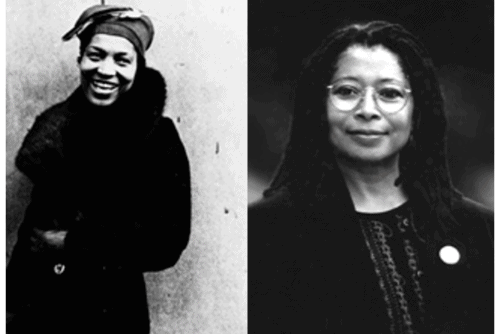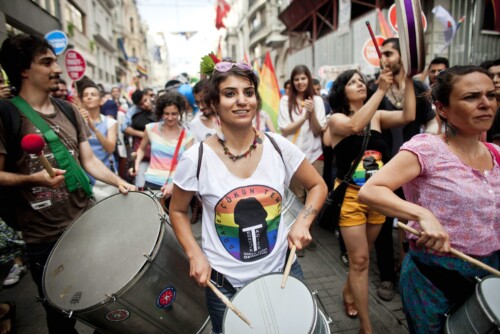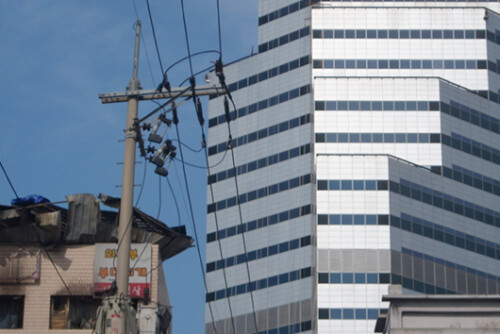Danielle Evans’s Columbia Spectator editorials and the testimonial poems by Alexis Gumbs, Leah King, and Esinam Bediako featured here are responding to the following incidents that took place on the Barnard/Columbia campus, December 2003 to February 2004.
1. Orgo Night: Every year, on the eve of the Organic Chemistry finals, the Columbia University Marching Band performs in Butler Library in an effort to relieve pre-exam tension. In December 2003, a flyer for this event featured, for example, a picture of Michael Jackson, with the caption “Who Needs Ethnic Studies?”; another reproduced a picture of Edward Said, the recently deceased Columbia University professor and activist for Palestinian rights, with the caption “Jews 1, Palestinians 0.” The performance itself was riddled with sexist jokes aimed at Barnard women, which drew student protests immediately.
2. Anti-Affirmative Action Bake Sale: In early February 2004, the Columbia College Conservative Club (CCCC) held an Anti-Affirmative Action Bake Sale in Lerner Hall while a diversity conference also was being held there. At the sale, baked goods were sold at a discount to those who “benefit” from affirmative action policies. For example, brownies normally priced at $1.00 would be sold for $.75 to a black student or a female student, implying that both women and students of color pay less and get more for their Columbia experience than the “average” student. Bake sales like this have been held on other college campuses around the country.
3. The Fed cartoon: At the end of February 2004, a satirical student newspaper, the Fed, published a cartoon titled “Blacky Fun Whitey” by a Columbia alum, modeled on a cartoon series he had previously published in the Columbia Spectator called “Wacky Fun Whitey.” The cartoon was supposed to be a parody of Black History Month, featuring panels outlining a progression of black history and appreciating the “civilizing” effects of slavery and the types of things “we” value blacks for, such as basketball. In addition, the cartoon carried a glib disclaimer from the Fed editor indicating that the staff knew it was “kinda offensive,” but would publish it anyway.
After each event, and especially after the Fed cartoon appeared on the day that students were meeting with the Columbia administration to discuss the other two incidents, students organized in various groups and as a coalition (Columbia University Concerned Students of Color, CUCSC) to address these issues. Their activism culminated in a week-long silent protest of students sitting on the steps of Low Library, and speak-outs at Barnard and Columbia at the end of the week. As a result of discussions with the Columbia administration, Columbia proposed the establishment of a Multicultural Affairs Office (established fall 2004) and a committee on diversity (not yet constituted); Barnard already has two parallel organizations.




